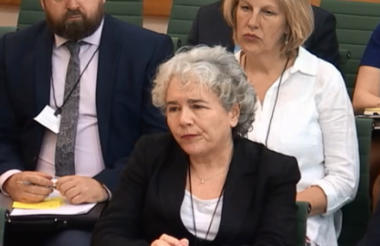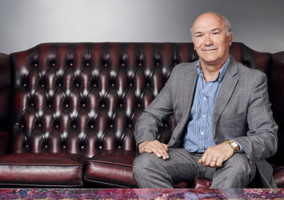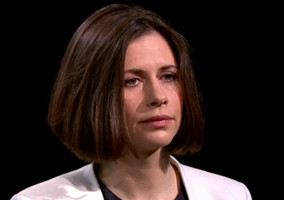Institutional funders to aid agencies need to stop “pushing down on overheads” to help the sector to address safeguarding issues, MPs on the International Development Committee heard.
Giving evidence before the International Development Committee yesterday, Caroline Nursey, chair of international aid umbrella body Bond and executive director of BBC Media Action, said that institutional donors pressure aid organisations to lower overhead costs and that this undermines the sector’s efforts to properly deal with its safeguarding issues.
Responding to a question from Pauline Latham MP about what issues Bond members have raised in regards to responding to cases of sexual exploitation and abuse by workers overseas, Nursey said: “speaking more generally for all aid organisations, the worry is will they be able to find the funding to do it. This is not the only important area, it’s an extremely important area, but so is fraud, bribery, and actually delivering the work effectively and quickly in a humanitarian crisis”.
Nursey said that the international aid sector was now trying to respond to the safeguarding crisis while facing funding cuts and unrealistic expectations about lowering overhead costs from institutional donors.
“While all of this is happening at the same time, donors are wanting to push down overheads. So they’re saying you’ve got to do this with less and less money. That money, which allows us as organisations to invest in making our organisations work effectively, is the money which goes into things like safeguarding.
“The strongest message should be: there needs to be less pushing down on overheads, if we want some of this to be done effectively.”
Abuse not something that will ‘ever stop’
In a tense exchange with Conservative MP Latham, Nursey admitted that issues around sexual harassment and exploitation had been known to be an issue in the aid sector since at least the 1990s but said she didn’t think it was something “that you will ever stop”.
“Well that doesn’t mean that you should just throw your hands up and say ‘well, we can’t do anything about it’” responded Latham.
“Well we haven’t. It’s not something that we’ve ever stopped working on,” said Nursey. “It’s always been an issue that we’ve worked on. It’s obvious that we need to be doing more, and that’s what we’re doing now”.
Latham however said the aid sector had effectively been sitting on its hands “for nearly 30 years”, and was only now addressing the issue “because the media has focused on it”.
Outside regulation ‘not the answer’
Nursey also said that she did not believe an “outside regulator” for the international aid sector was the right answer to solving issues around safeguarding.
She said that “the risk of regulation” for the international aid sector is that it would turn into a “tick-box exercise” and that such attempts at independent regulation had failed in other sectors.
“There are examples of this in every sector, particularly the part of it which is around sexual harassment and bullying at work. Not acceptable but it is there. I think in most sectors, regulation from outside hasn’t been seen to be the answer.
“I think the risk of regulation is that we’ll just end up with some tick box exercise. Whereas what I think really changes things is this understanding of power across the whole organisation with international staff, national staff, men and women, everybody. Understanding what the organisation is trying to do and how people should be properly treated.”
|
Related Articles












